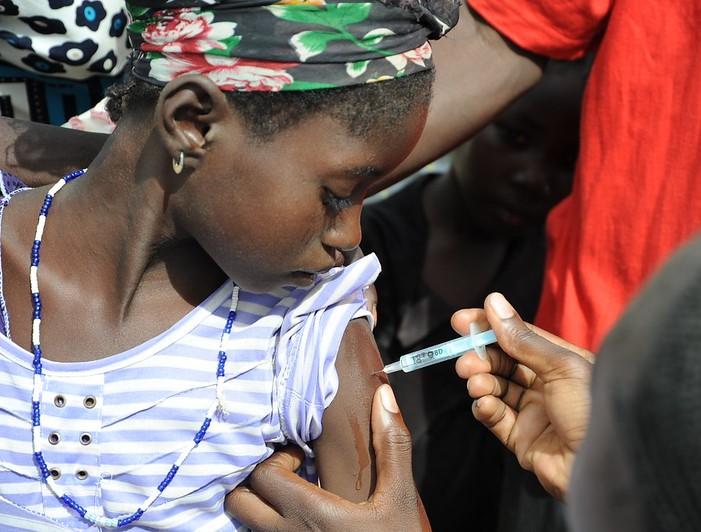
A recent study in The Journal of Gerontology analyses Medicare data from 3,588,671 Medicare beneficiaries diagnosed as having COVID-19 from October 2021 to March 2023 and finds that 3.9% of beneficiaries—or about 140,000 people—were diagnosed with long COVID after experiencing symptoms for at least 1 year.
The authors also estimated the risk of developing long COVID based on the number of COVID-19 vaccine doses administered prior to the index date, using Medicare Part B claims and pharmacy records.
A greater number of COVID-19 vaccine doses was associated with a reduced relative rate of Long COVID compared to no COVID-19 vaccine dose
"In both unadjusted and fully adjusted models, a greater number of COVID-19 vaccine doses was associated with a reduced relative rate of Long COVID compared to no COVID-19 vaccine dose," the authors wrote.
Multiple vaccine doses lowered risk of long COVID
Overall, beneficiaries with four or more COVID-19 vaccine doses had a 39% lower adjusted rate of long COVID relative to beneficiaries without a prior dose (adjusted hazard ratio, 0.61; 95% confidence interval [CI], 0.60 to 0.62).
"Long COVID diagnoses were relatively common, occurring in nearly 1 in 25 Medicare beneficiaries, but especially in those with certain chronic conditions and without prior COVID-19 vaccine doses," the authors concluded. "COVID-19 vaccine doses may mitigate long COVID risk through reducing viral load and the severity of natural infection, but additional causal inference studies are needed to confirm these hypotheses."
%20(2).jpg)















